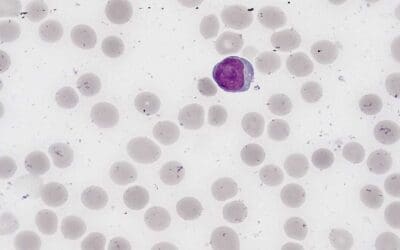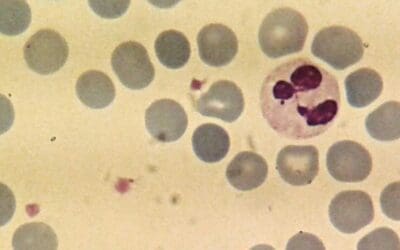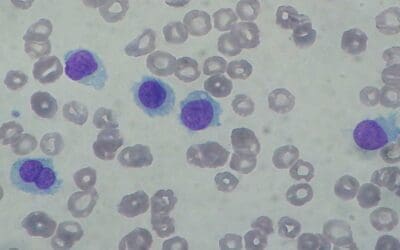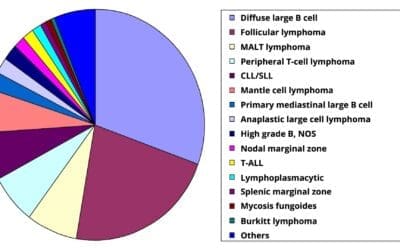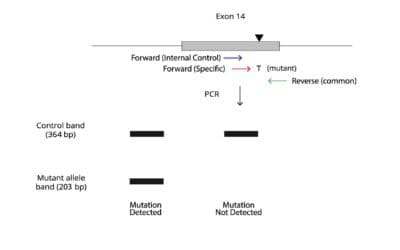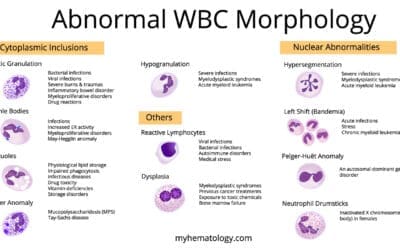Hodgkin lymphoma explained: treatment, stages, and what to expect. Your guide based on the latest NCCN recommendations.
Causes of Polycythemia
Polycythemia has high red blood cell count. Learn causes, symptoms (headache, fatigue), diagnosis (CBC, EPO), and treatment options.
Neutropenia
Neutropenia is a condition with a low count of neutrophils, key infection-fighting white blood cells. This increases susceptibility to various infections.
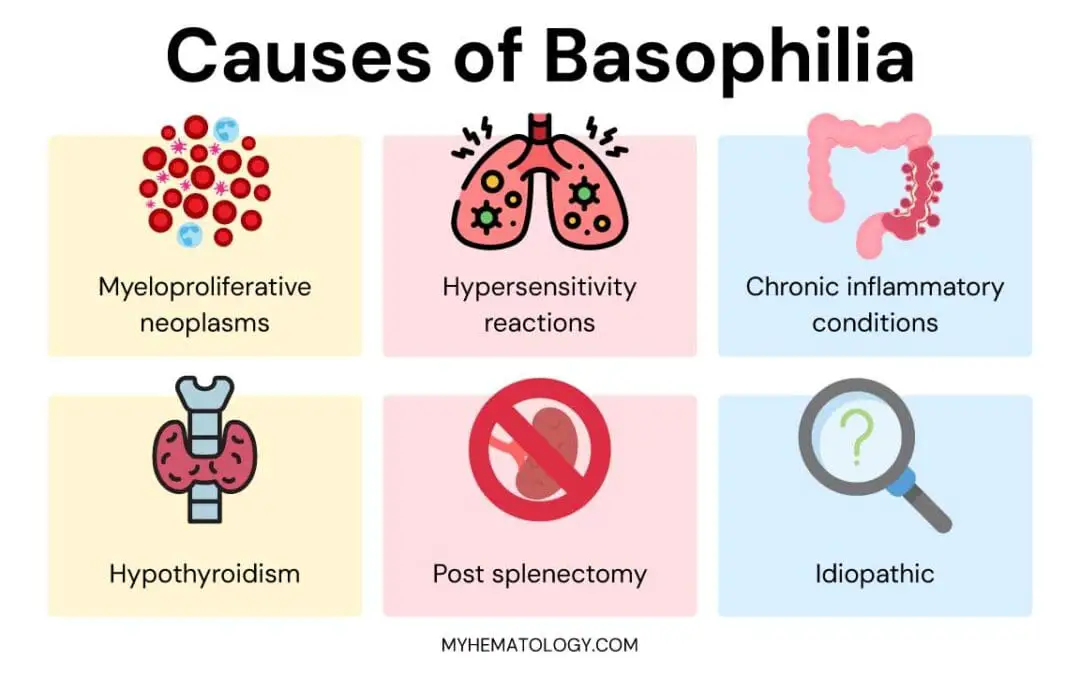
Basophilia (High Basophils)
Basophilia is when basophil count are elevated. It often signals underlying issues like MPNs, allergies, or inflammation.

Lymphopenia or Low Lymphocytes
Lymphopenia is a low lymphocyte count, weakening immunity. It increases infection risk and flags underlying issues like cancer or severe illness.

Causes of Atypical Lymphocytes (Reactive Lymphocytes)
Atypical lymphocytes are activated immune cells, often seen in infections. Their unique look aids diagnosis, but distinguishing it from cancer is important.
Lymphocytes
Lymphocytes are essential white blood cells that help protect the body from infections and diseases. They come in three main types: B cells, T cells, and NK cells, each with its unique role in the immune system.
Neutrophils
Neutrophils are white blood cells crucial for fighting infections. They engulf and kill bacteria through phagocytosis. Learn about neutrophilia, neutropenia, and their role in immune health.
Hairy Cell Leukemia (HCL)
Hairy cell leukemia (HCL) is a rare blood cancer characterized by abnormal white blood cells. Learn about symptoms, causes, diagnosis, and treatment options.
Non-Hodgkin Lymphoma (NHL): Symptoms & Subtypes
Non-Hodgkin lymphoma (NHL) is a diverse group of cancers of the lymphatic system. Unlike Hodgkin lymphoma, NHL encompasses various subtypes based on lymphocyte type (B-cell or T-cell) and growth rate (slow-growing or aggressive).
JAK2 V617F Mutation Allele Specific PCR Protocol
Uncover the JAK2 V617F mutation, a key driver in Myeloproliferative Neoplasms (MPNs). Learn ARMS PCR, a reliable technique for diagnosis!
Abnormal WBC (White Blood Cell) Morphology
Abnormal white blood cell (WBC) morphology, seen in a blood smear analysis, can indicate various underlying conditions. These include infections, deficiencies in vitamins like B12 or folate, or even blood disorders.

